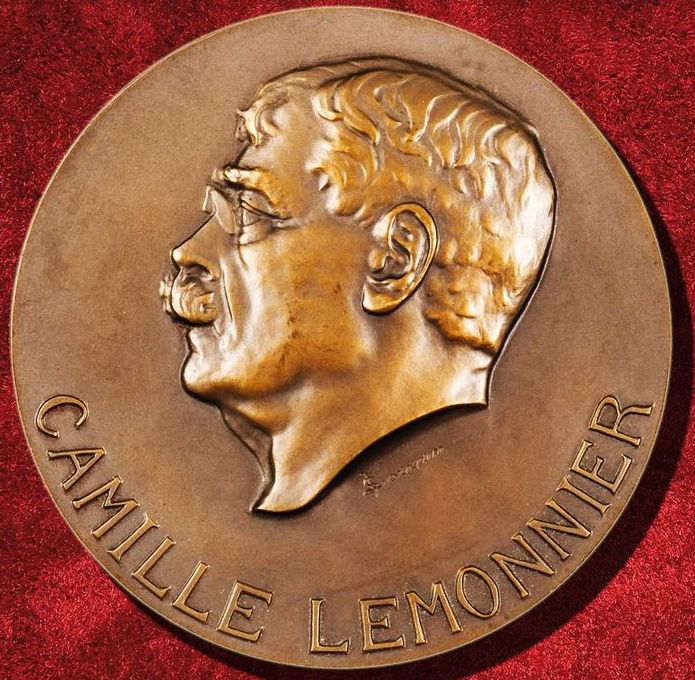22. Let us return to the emperor. Now that he observed the diverse character of his dominions, and saw that it was no easy matter to wield such tremendous power, Basil abjured all selfindulgence. He even went so far as to scorn bodily ornaments. His neck was unadorned by collars, his head by diadems. He refused to make himself conspicuous in purple-coloured cloaks. He put away superfluous rings, even clothes of different colours.
On the other hand, he took great pains to ensure that the various departments of the government should be centralized in himself, and that they should work without friction. He adopted a supercilious manner, not only in his dealings with other men, but even towards his brother. Ta Constantine he allotted a mere handful of guards, as though he grudged him protection of a more dignified or imposing character.
Having first straitened himself, so to speak, and having cheerfully stripped off the proud contraptions of monarchy in his own case, he now dealt with his brother and gradually decreased his authority too. He left him to enjoy the beauties of the country, the delights of bathing and hunting, his special hobbies, while he himself went out to the frontiers, where his armies were being hard pressed. His ambition, in fact, was to purge the Empire completely of all the barbarians who encircle us and lay siege to our borders, both in the east and in the west.
The Second Revolt of Sclerus, After the Death of Phocas**16
23. This project, however, had to be postponed to the future, for Sclerus kept the emperor occupied with a second revolt, and the intended expedition against the barbarians became impossible, at least for the moment. After Phocas’s death that part of his army which had been under his command, before his alliance with Sclerus, being foiled of the hopes it had placed in Phocas, dispersed and completely disbanded, while Sclerus and those who had escaped with him from Assyria returned to their homes.
These latter now voluntarily reformed their army. They constituted what might be described as an independent corps, numerically the equal of Phocas’s army and in the eyes of the emperor just as menacing.
24. This man Sclerus, though apparently not to be compared with Phocas in physical prowess, was a greater exponent of military strategy and management. He was reputed to be more resourceful than the other, too. When his quarrel with Basil flared up a second time, therefore, he was careful not to come to grips and join battle. His intention was to build up his army with heavy reinforcements and harass the emperor rather by guerilla tactics than with open warfare.
Read More about Basil II part 14








